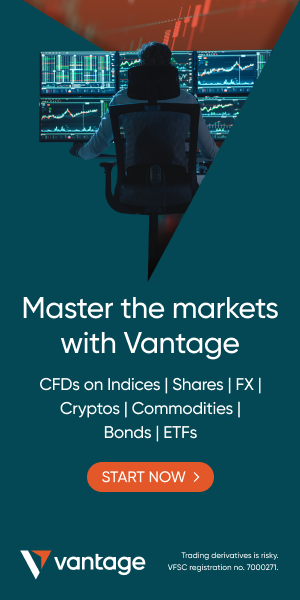If you want to trade forex successfully, you must learn how to read and interpret charts. These visual tools help you understand price movements over time and identify trading opportunities.
There are three main types of charts used in forex trading:
- Line Chart
- Bar Chart
- Candlestick Chart
Each chart type displays price data differently and serves unique purposes. Let’s break them down one by one.
📉 1. Line Chart
What it is:
A line chart connects closing prices with a straight line over a specific time period (e.g. 1 hour, 1 day).
What it shows:
- Overall price direction (trend)
- Clean and easy to read
When to use it:
- To quickly spot long-term trends
- For simple overviews
📌 Pros:
- Easy to understand
- Great for beginners
- Less visual clutter
📌 Cons:
- Lacks detail (no open, high, low prices)
- Not useful for precise entries/exits
✅ Best for: Trend spotting and big-picture analysis
📊 2. Bar Chart
What it is:
A bar chart shows four key pieces of information for each time period:
- Open
- High
- Low
- Close
(also called OHLC)
How it looks:
Each bar has a vertical line showing the high and low, and small ticks to the left (open) and right (close).
When to use it:
- For detailed price analysis
- To find volatility and price ranges
📌 Pros:
- More data than a line chart
- Useful for experienced traders
📌 Cons:
- Harder for beginners to read
- Less visually intuitive
✅ Best for: Analyzing volatility and comparing session data
🕯️ 3. Candlestick Chart
What it is:
The most popular chart type in forex. Like bar charts, it shows OHLC data—but in a more visually clear format.
How it looks:
Each candlestick has:
- A body (shows open & close)
- Wicks or shadows (show high & low)
🟩 Green/white candles = price went up
🟥 Red/black candles = price went down
When to use it:
- For reading price action patterns
- For spotting reversals or continuation signals
📌 Pros:
- Very visual and intuitive
- Works well with candlestick patterns (e.g. doji, engulfing, hammer)
- Perfect for short-term and long-term trading
📌 Cons:
- May require learning pattern names
- Can look noisy without filters
✅ Best for: All types of analysis—trend, reversal, momentum
🧾 Comparison Table
| Chart Type | Shows | Best For | Difficulty Level |
|---|---|---|---|
| Line Chart | Close price only | Big-picture trend analysis | Easy |
| Bar Chart | OHLC | Price range and volatility | Medium |
| Candlestick Chart | OHLC | Pattern recognition and entries | Easy to Medium |
📌 Which Forex Chart Should You Use?
- ✅ Beginners: Start with line charts to grasp trends
- ✅ Intermediate traders: Explore bar and candlestick charts
- ✅ Serious traders: Master candlestick charts for deep insights
👉 Many traders use candlestick charts by default, as they offer a perfect mix of clarity and detail.
🧠 Final Thoughts
Reading charts is the foundation of technical analysis. As you get more experience, you’ll not only recognize the chart type—but also understand what price is telling you.
📘 What’s Next?
👉 LESSON 7: Understanding Candlestick Patterns: Doji, Engulfing, Hammer, and More
Now that you’ve learned how to read forex charts, it’s time to explore candlestick patterns that can help you predict price moves more accurately.

